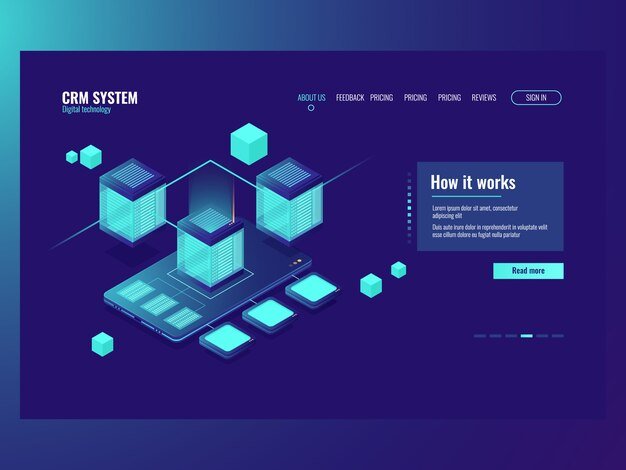Class 11 Information Technology: A Comprehensive Guide
Introduction
The Class 11 Information Technology curriculum plays a vital role in preparing students for a digitally-driven world. It covers fundamental concepts that lay the groundwork for advanced studies in technology and its applications. In this article, we will explore the key components of the Class 11 Information Technology syllabus, its significance, and the available resources, including PDFs that aid in effective learning.
Overview of the Syllabus
The syllabus for Class 11 Information Technology, often provided by educational boards such as CBSE (Central Board of Secondary Education) in India, includes a variety of topics that equip students with essential skills. The curriculum typically consists of the following key units:
- Introduction to Information Technology: This unit introduces students to the basics of IT, its history, and its role in various sectors. It covers the significance of information systems and the impact of IT on everyday life.
- Computer Fundamentals: Students learn about the basic components of computers, including hardware and software. Understanding operating systems, types of software, and the functioning of computer peripherals is essential for grasping how computers operate.
- Networking Concepts: This unit explores networking fundamentals, types of networks (LAN, WAN, MAN), and essential networking devices like routers and switches. Students learn about the Internet’s structure, web browsers, and how data is transmitted over networks.
- Data Management: An essential skill in today’s data-driven world, this unit covers the basics of databases, data types, and data management systems. Students learn to create, manipulate, and retrieve data using software tools.
- Web Technology: This unit focuses on the fundamentals of web development, including HTML and CSS. Students learn to design and create simple web pages, understanding the structure and presentation of web content.
- Emerging Technologies: Students are introduced to the latest trends in technology, such as artificial intelligence, machine learning, cloud computing, and the Internet of Things (IoT). Understanding these technologies prepares students for future advancements in the field.
- Cyber Safety: With the rise of digital technology, understanding cyber safety is crucial. This unit educates students about online safety, the importance of data privacy, and measures to protect oneself from cyber threats.
Importance of Information Technology Education
The importance of Information Technology education cannot be overstated. Here are several reasons why students should take this subject seriously:
- Skill Development: The curriculum enhances students’ technical skills, making them proficient in using various software applications and understanding how computers work.
- Career Opportunities: With the rapid growth of the IT industry, knowledge of Information Technology opens doors to numerous career paths, including software development, network administration, cybersecurity, and data analysis.
- Critical Thinking: Learning about technology encourages critical thinking and problem-solving skills. Students learn to analyze problems and devise technological solutions, which are valuable skills in any field.
- Digital Literacy: In today’s digital world, being technologically literate is essential. The curriculum ensures that students become adept at using technology effectively and responsibly.
- Preparation for Higher Education: A strong foundation in Information Technology prepares students for further studies in computer science, IT, or related fields. It provides them with the skills needed to excel in higher education and professional courses.
Resources for Learning Information Technology
To facilitate effective learning, various resources are available, including textbooks, online courses, and PDFs. Here are some suggestions for students:
- Textbooks: The primary resource for Class 11 Information Technology is the official textbook recommended by the educational board. These books are structured according to the syllabus and cover all necessary topics comprehensively.
- Online Courses: Platforms like Coursera, Udemy, and Khan Academy offer online courses tailored to Class 11 students. These courses often include interactive content, quizzes, and video lectures, making learning engaging and effective.
- PDF Resources: Many educational websites and forums provide downloadable PDFs that summarize the syllabus, offer practice questions, and include additional study materials. Students can find these resources through a simple online search.
- YouTube Tutorials: Numerous educational channels on YouTube offer video tutorials on Information Technology topics. These videos can be an excellent supplement to classroom learning, providing visual explanations and demonstrations.
- Discussion Forums: Engaging in online forums or study groups can enhance understanding. Students can ask questions, share knowledge, and discuss topics with peers, fostering a collaborative learning environment.
Tips for Studying Information Technology
- Practice Regularly: Hands-on practice is crucial in Information Technology. Regularly use software tools and coding languages to reinforce learning.
- Stay Updated: The field of technology is always evolving. Stay informed about the latest trends and advancements through news articles, blogs, and webinars.
- Utilize Study Aids: Use flashcards, mind maps, and other study aids to organize information and aid memory retention.
- Seek Help When Needed: Don’t hesitate to ask teachers or classmates for help if you encounter difficulties. Collaborative learning can provide new insights.
- Review and Revise: Regularly review topics covered in class. Revisiting material helps consolidate knowledge and prepares students for examinations.
Conclusion
The Class 11 Information Technology syllabus provides a crucial foundation for students as they navigate an increasingly digital world. By understanding the fundamental concepts and engaging with the available resources, students can enhance their skills and prepare for a future where technology plays a central role. As they delve into the subject, students are not only equipping themselves with knowledge but also fostering critical skills that will benefit them in their academic and professional journeys.
Additional Resources for Download
For students looking for a comprehensive PDF guide on Class 11 Information Technology, several educational websites offer free downloads. These PDFs include summaries of key concepts, practice exercises, and examination tips. Searching online for “Class 11 Information Technology PDF” will yield many valuable resources tailored to the syllabus.
By leveraging these resources, students can maximize their learning and excel in Information Technology, setting the stage for future success in an ever-evolving digital landscape.





Post Comment